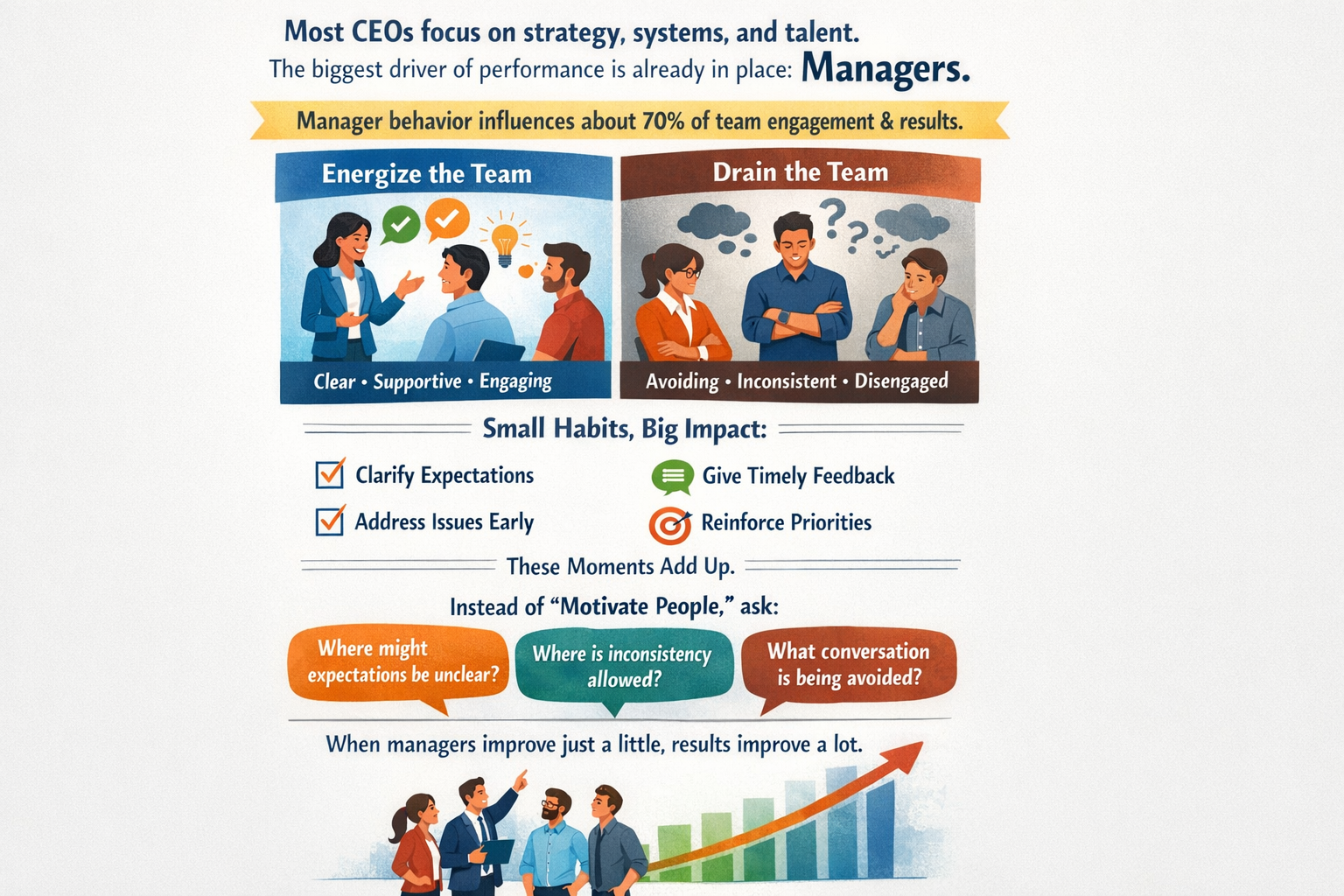5 Tips for Showing Empathy

Human beings are emotional beings. At work as well as in our personal lives, it is important that we feel respected and noticed as a valuable human being. People feel most valued at work when they have a trusting and supportive relationship with their supervisor and their team members. This includes feeling empathy from others.
Whenever people are troubled, hurting, or dealing with serious problems, they want to feel that others understand what they are going through and are concerned for them. When we show interest and support for a colleague who is facing a tough situation, we are showing empathy. Yet, many find it uncomfortable to reach out to others when they are experiencing difficulties.
Keven Eikenberry offers 5 tips to increase one’s ability to show others that we are concerned for them and wish to understand their situation and their feelings.
- Lean In – Get close to the person by spending time together or verbally acknowledging you are aware of their tough situation and care about them.
- Listen – Ask how they are doing or how you could help them, and fully listen to their response. What are their words telling you about their situation? What feelings are they expressing? What is their tone of voice, volume, or talking speed telling you?
- Look – Focus your eyes on the other person. What are the facial expressions and other body language telling you about their current challenge and how it is impacting them?
- Let Go – Let go of your ideas about how they could handle their current situation. Don’t take over the sharing time, not even to share details of your similar experience and how you handled it. Help them feel heard. Focus completely on understanding them and their current reality.
- Learn – Really learn how the other person feels and how they are responding to their situation. Learn more about them as a person.
Ask questions to show you are interested in learning more. Ask how you could help them.
Once you have used these 5 tips of empathy, the other person will likely feel that you care. If, and only if, their words, tone, and body language show that you have good rapport, you could tell them in one sentence that you have experienced something similar and ask them if they would like you to share what helped you get through it. If they say no, then don’t share. The purpose of your conversation is to show empathy - help them see that you care about them, not for them to listen to you.
Who in your life is going through a tough time just now? When could you support them with the gift of empathy so they know someone cares about them?


